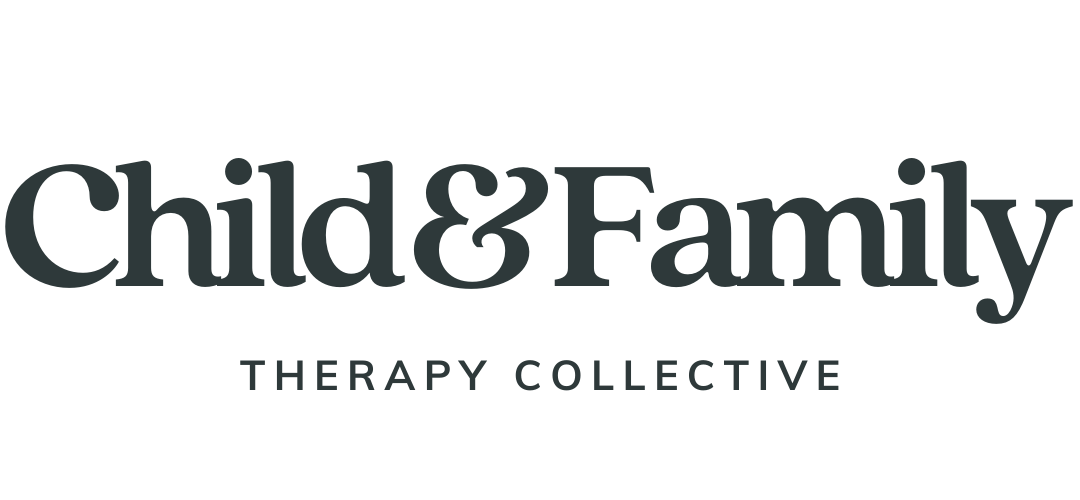Understanding the Role of Clinical Psychologists in Your Child's Care
At Child & Family Therapy Collective, our clinical psychologists work as part of a collaborative team to support your child's complete well-being.
What Does a Clinical Psychologist Do?
A licensed clinical psychologist specializes in the assessment, diagnosis, and treatment of mental health conditions across the lifespan. Within our clinical team, they prioritize evidence-based interventions tailored to the individual needs of children, adolescents, and families.
Therapeutic Approaches
Our psychologists integrate key elements from a variety of treatment approaches based on what best fits your child's unique needs, including:
Cognitive Behavioral Therapy (CBT) - Helps change unhelpful thinking patterns and behaviors
Acceptance and Commitment Therapy (ACT) - Focuses on accepting difficult thoughts and feelings while committing to positive changes
Parent-Child Interaction Therapy (PCIT) - Strengthens the parent-child relationship
Exposure Therapy - Helps children face fears in a safe, controlled environment
Other specialized modalities - Tailored to your child's specific challenges
Therapy typically involves skill-building, emotional support, and collaborative problem-solving to help your child and family navigate challenges related to:
Emotional regulation
Behavioral concerns
Trauma
Neurodevelopmental conditions
Comprehensive Psychological Assessment
In addition to therapy, psychological assessment plays a crucial role in understanding your child's needs. Our clinical psychologists conduct comprehensive evaluations to:
Clarify complex clinical presentations
Guide personalized treatment planning
Evaluate cognitive abilities
Identify learning disorders
Assess for ADHD, autism, and other developmental concerns
Evaluate emotional functioning
The Value of Psychological Testing
Psychological testing offers deeper insights into your child's strengths and challenges, which helps us:
Develop truly individualized treatment plans
Recommend appropriate educational accommodations
Identify the most effective therapeutic approaches
Our Collaborative Approach to Care
Collaboration with other professionals is fundamental to providing holistic care for your child. Our clinical psychologists work closely with a variety of specialists, including:
Licensed mental health counselors (LMHCs)
Licensed professional counselors (LPCs)
Licensed marriage and family therapists (LMFTs)
Licensed clinical social workers (LCSWs)
Occupational therapists (OTs)
Speech-language pathologists (SLPs)
Psychiatrists
Primary care physicians
Family physicians
How This Team Approach Benefits Your Child
This multidisciplinary collaboration ensures that all aspects of your child's development and mental health are addressed:
While a psychologist focuses on emotional and cognitive concerns
An occupational therapist may assist with sensory processing challenges
A speech-language pathologist may address communication difficulties
Other mental health professionals (LPC, LMHC, LMFT, or LCSW) may provide additional therapeutic support within different frameworks
Psychiatrists may manage medication when appropriate
Our psychologists provide valuable feedback on the effectiveness of various interventions, including pharmacological treatments, helping to refine and optimize your child's care plan over time.
The Benefit to Your Family
This comprehensive, coordinated approach allows us to develop individualized care plans that support not just your child, but your entire family system. By addressing challenges from multiple perspectives, we can provide more effective and holistic support for your child's journey.
At Child & Family Therapy Collective, we believe in the power of collaborative, specialized care to help children and families thrive. Contact us to learn more about how our clinical psychologist, or another therapist, can be part of your child's support team.
